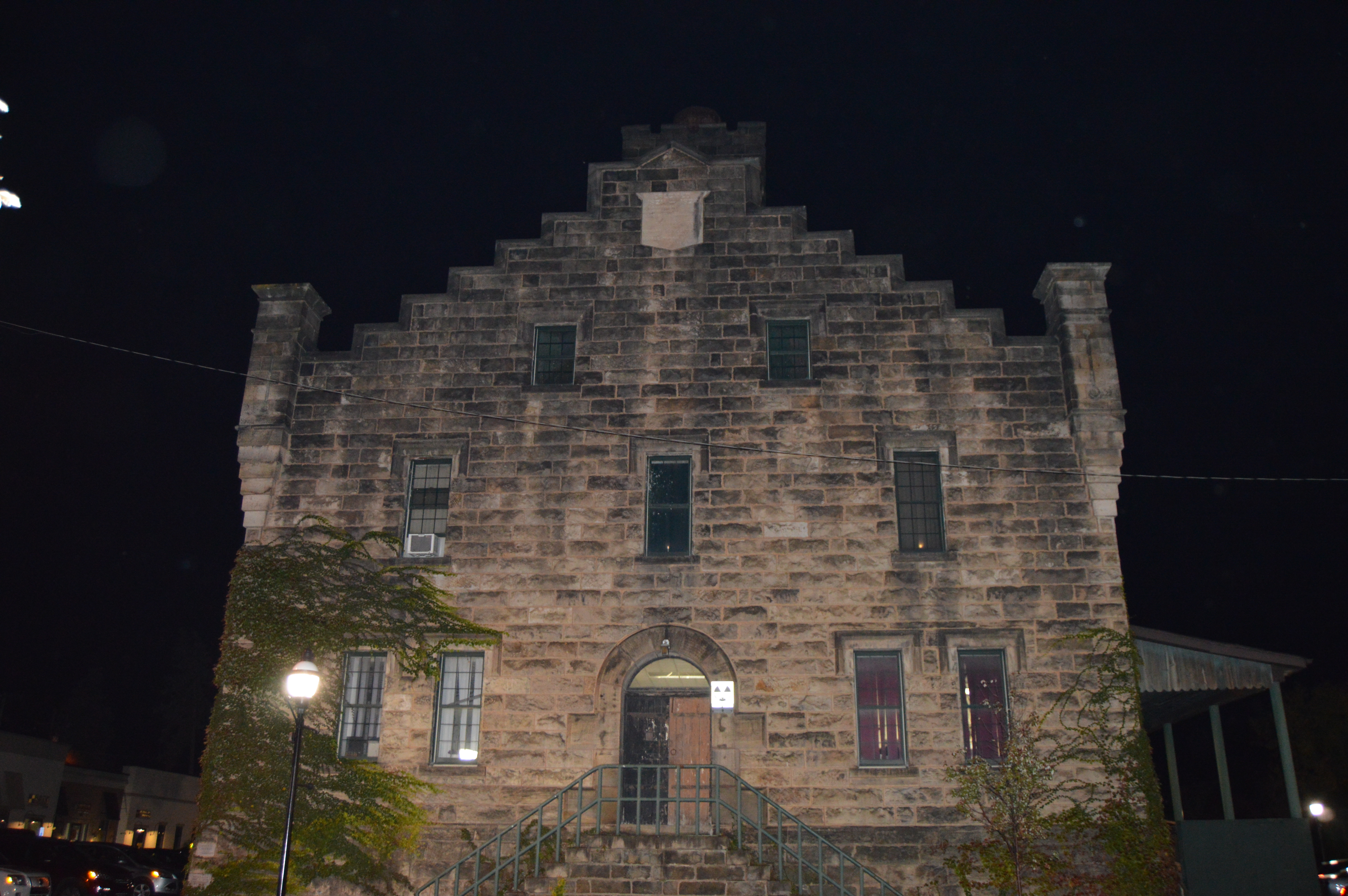When Tony Blair was Britain’s Prime Minister, he was master of controlling a narrative. Out of office, he can tell when one is unfolding in the wrong direction.
Blair’s latest successor, Theresa May, has successfully managed to paint the 48% of the UK population who voted against leaving the EU as the 1% — an out-of-touch global elite who don’t understand the needs of ordinary voters. Remainers who complain about Brexit are shouted down for being sore losers or for trying to subvert the will of the British people.
No wonder Blair sounded irate in a BBC radio interview on Friday when he highlighted the 16 million Remain voters who had been “disenfranchised” by the Brexit result.
For a moment, we saw some of the hunger and passion of the old Blair when he was leader of the opposition in the 1990s, desperate to change the political climate and overturn Conservative rule. Remain voters are now the “insurgents,” Blair said.
He spoke of the “political homeless” who felt happy neither with the Conservatives’ “hard Brexit” position (where Britain is cut off from the European Union’s single market) nor the “hard left” of Jeremy Corbyn’s Labour Party.
This is an astute analysis. It’s certainly true that there is a huge section of the British electorate who identify as pro-European and politically centrist and who currently have no party to vote for (there are the Liberal Democrats, but with just eight MPs they struggle to be relevant).
Yet, beyond offering commentary, what is Blair trying to achieve with this intervention?
For someone who left office nearly a decade ago, Blair has seemed remarkably keen to return to the political limelight in recent months. In an interview with Esquire earlier this year he revealed he was considering playing a bigger “role” in British politics.
His use of the phrase “political homeless” suggests he can see a new, moderate, centrist party emerging from the referendum fallout — even though he insisted he will “always be Labour.”
There are many in the Labour Party who feel the same way, although no one wants to be the first to actually create a new party for fear of it not winning enough support.
Blair himself cannot be at the forefront of any such movement, given he is the very embodiment of the metropolitan elite that May has so artfully dismissed.
In his BBC interview, Blair refused to rule out backing a second referendum in case the current negotiations dramatically change the terms of Brexit. It is possible the ex-PM, who once fancied himself as EU president, wants to spearhead such a campaign.
Yet this too would be disastrous. Most Remain commentators and voters accept that the country has voted for Brexit, and while they will debate and argue the case for the best deal for Britain, they don’t want to go through a second plebiscite. No matter how much Blair and others protest, the UK is leaving the EU.
Blair’s most likely motive for wading into the Brexit debate is that he can see the hopelessly fragmented Remain side is in desperate need of a figurehead to hold the government to account. This leadership is not being provided by Jeremy Corbyn, the Labour leader, who is only a lukewarm supporter of the EU.
The Brexit committee of MPs who will scrutinize the government’s negotiations comprises more Remain supporters than those who backed Leave. But there is no heavy hitter to speak up for Remain beyond its mild-mannered chairman, Hilary Benn.
Blair is a passionate pro-European, and feels he can still influence the debate in Westminster. Having given up his role as quartet Middle East representative last year and relinquished much of his commercial work this year, Blair feels unfulfilled and is desperate to stay politically relevant.
Yet his efforts are likely to be in vain. Having never recovered his reputation after sending troops to Iraq, Blair remains one of the most unpopular politicians in the UK. It is hard to listen to an appeal for the “disenfranchised” from someone who spends his time in first-class airport lounges, at the fireside of world leaders or on stage at international conferences like Davos.
The 16 million Remain voters do need a voice, but Blair cannot be it.



